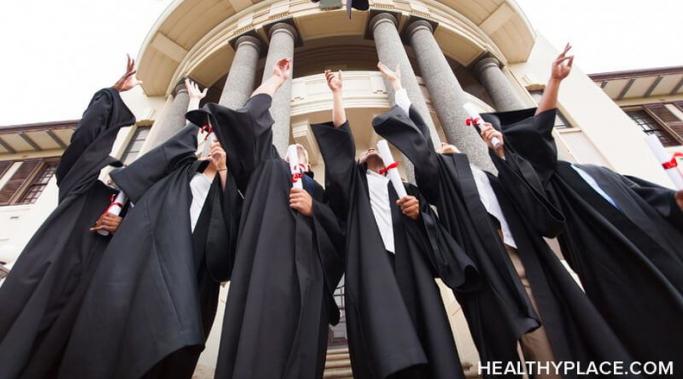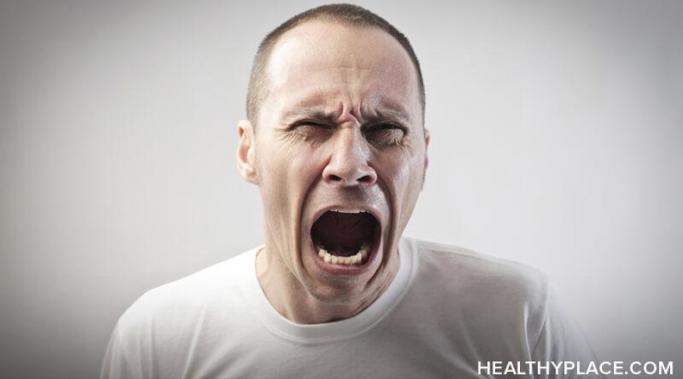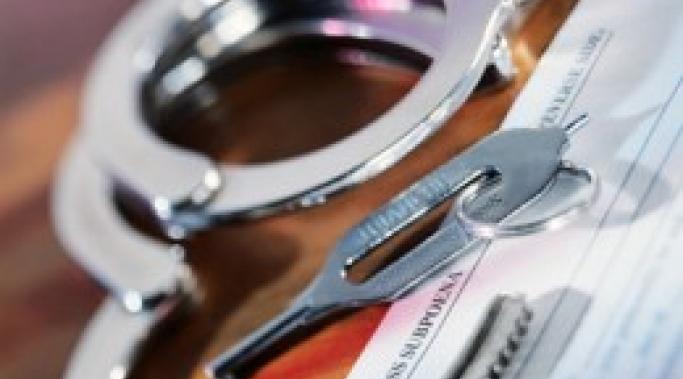White privilege in mental illness is no surprise to many minorities. The case of Natasha McKenna in Fairfax, Virginia--you know, the #BlackLivesMatter death no one is writing about--is an example. McKenna, a petite African-American woman diagnosed with schizophrenia at age 12--died while in police custody. She had been taken out of the psychiatric ward by police, but from there the story gets murky. What is known is that she was beaten by police, then tasered four times while handcuffed behind her back, shackled and in a spit hood. She died from her treatment--which probably would have been vastly different if she weren't a poor black woman. We are long overdue for a conversation on white privilege and mental illness.
Crime and Mental Illness
Have you considered what happens during a mental health crisis when you call the police? Recently one of my neighbors tried to enter my apartment without my permission. I quickly slammed the door and told him to go away. He stood outside my door talking nonsense, so I told him, "Go away or I will call the police." That did the trick. However, it made me think about how police encounters with individuals with mental illness can turn tragic (Handling Police Encounters with People with Mental Illnesses). How do we call the police for someone in a mental health crisis who is a danger to him/herself or others in a way that the encounter proceeds as safely as possible?
"Sheriff's Department, open the door!"
At first I thought it was a joke, but then I heard the sound of a struggle and someone screaming. I opened my door, only for a staff member to wave me back into my apartment. She was on the phone. "He's psychotic. He's seeing things. He was cooperating but they took him down when he tried to run. What do you want to do?" I posted the details of the confrontation on my Facebook page with the hashtag #PsychPatientsLivesMatter and soon received comments on my bravery.


